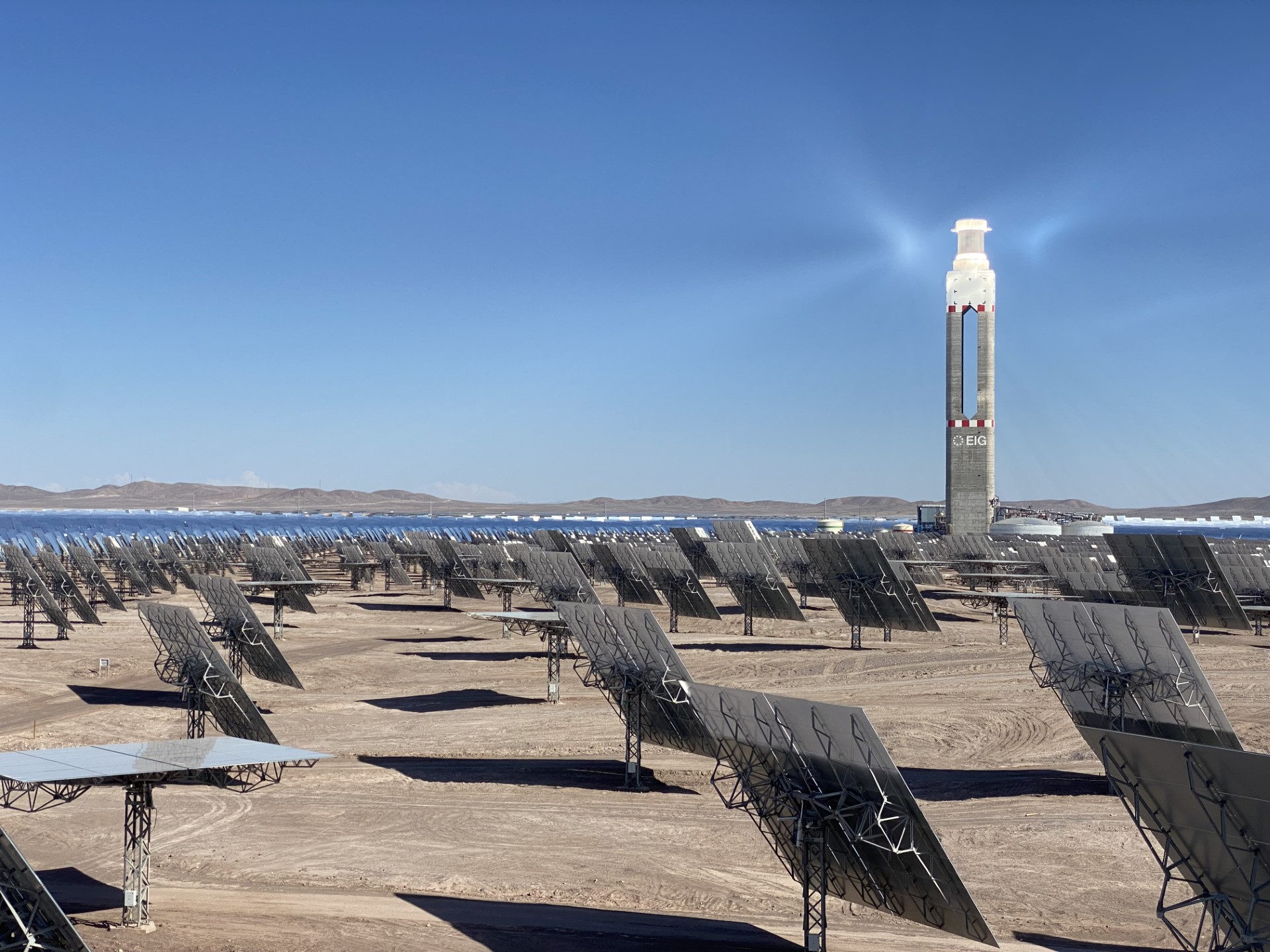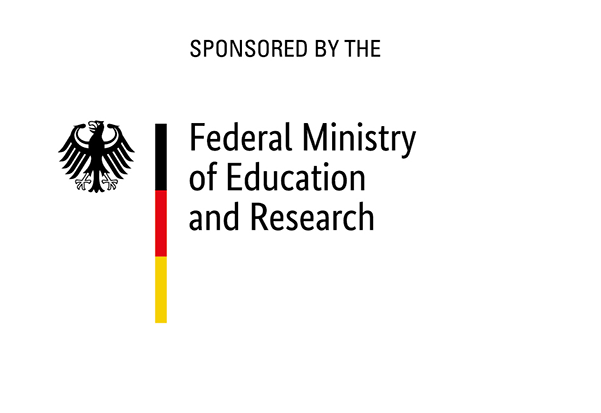| Duration: | 09/2022 - 06/2024 |
| Contracting Authority/ Sponsors: |
Federal Ministry of Education and Research
|
| Partners |
|
| Project Focus: |
Power-to-MEDME – Applied research for large-scale production of green hydrogen carriers in Chile
This project involves examining the »Power-to-MEDME« project along the entire process chain – from green hydrogen production to CO2 capture to dimethyl ether (DME) production – in order to reduce costs and increase efficiency. Research accompanying the construction of a pilot plant for green methanol and DME production in the megawatt range by Linde GmbH in northern Chile will simulate processes and investigate and develop materials for the individual steps in the chain, as well as assessing markets in Chile and globally, and carrying out a scale-up of the plant. Also important is the sustainable development and transfer of know-how on site, including the education and training of engineers and technicians for the construction and operation of the facilities along the process chain.
In the overall »Power-to-MEDME« project, the participants want to tap into Chile’s potential for the production of CO2-neutral energy sources. One component is Linde GmbH’s investment project in northern Chile, where it will build a pilot plant to produce green methanol or dimethyl ether (DME) in the megawatt range, depending on the market situation. The carbon dioxide required for this is to be supplied by a Chilean cement factory whose CO2 emissions are captured. Green methanol and DME can be used as fuels for the transportation sector, among other things. Specifically, the project plans to use these fuels to refuel the existing heavy-duty mining vehicles on site. The required electricity will be supplied by a local solar thermal power plant.
Parallel to this and along the entire hydrogen process chain, the participants in the accompanying research project will optimize the production of these Power-to-X products and also evaluate potential local and international sales markets and business models and train local specialists for the construction and operation of production facilities.
Fraunhofer ISE’s work includes:
- A new synthesis route for DME. Fraunhofer ISE researchers have developed an efficient and compact process to produce renewable DME from hydrogen and CO2 and demonstrated its feasibility on a laboratory scale, which they will now further develop and set up on a pilot plant scale. The current preliminary work and simulations show the potential for significant primary energy savings with the new process.
- In addition, Fraunhofer ISE is using site analysis to identify suitable locations for the construction of renewable energy plants and the development of a large-scale process chain for green hydrogen derivatives, as well as evaluating the use of concentrated solar power.
- Researchers are also carrying out techno-economic analyses, including the calculation of production costs.
- In a further work package Fraunhofer ISE is investigating possible pollutant emissions from the use of DME as a commercial vehicle fuel and developing strategies and measures to reduce them. The researchers are drawing on their experience in setting up and patenting the CatVap® technology. Furthermore, materials and processes for thermochemical hydrogen production from DME and optimization of sorption materials for direct air capture of CO2 are being investigated.
The Federal Ministry of Education and Research is funding the project with over 11 million euros.


